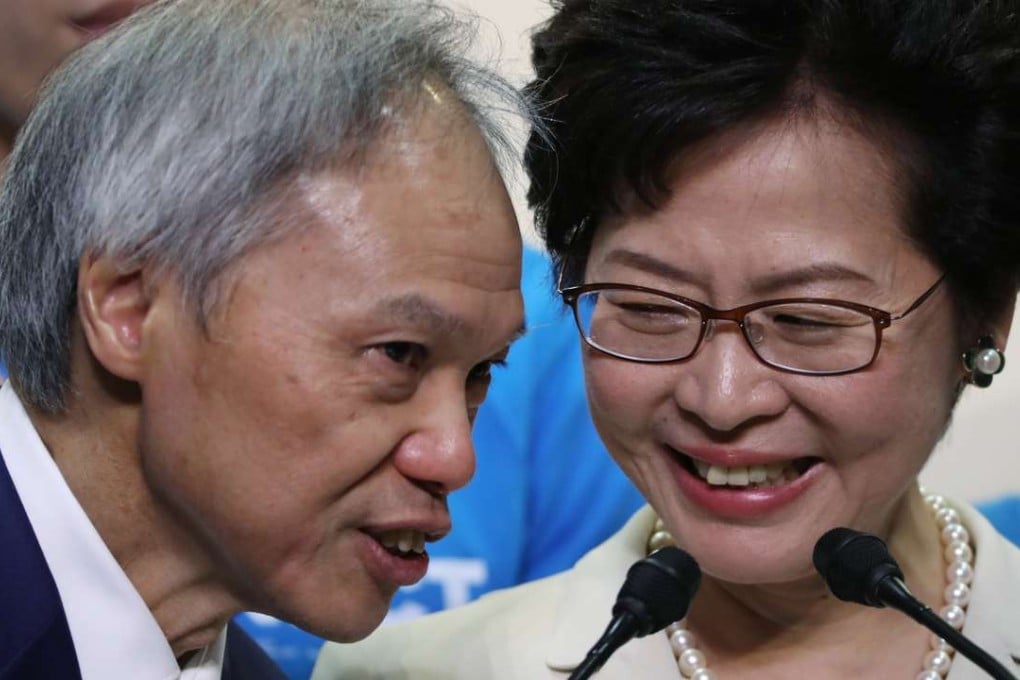Opinion | Hong Kong chief executive-elect Carrie Lam’s popularity depends on whether she executes election promises
Efforts will need to be made to win over city’s youth, reach out to pan-democrats and soothe relations between executive and legislative branches

Beijing has exerted considerable influence in this year’s election, and judging from how the elite voted anonymously, Lam was elected with a high support rate. This shows the majority of elites still wish to rebuild Hong Kong, and view the intimacy between Lam and Beijing positively. It’s an opportunity for Lam. But she also faces a lot of thorny issues.
The biggest among them would be Hong Kong’s youth, to whom she attached great importance in her platform. She needs to use education, economic transformation, and a deeper level of cooperation with the mainland to bring about a better environment for young people. She needs to get more talent from the young generation and listen to their opinions. She has given her thoughts on the issue before, but tackling the challenge as a chief executive will be hard. The endeavour requires wisdom and skills, but Beijing will also need to support it with its economic strategies.
She also faces the task of restarting political reform. It is a goal promised by the Basic Law, and also the pursuit of Hongkongers and the opposition camp. In her campaign, Lam said that restarting the reform was not suitable as the public was still deeply divided. But if she remains passive on the issue for too long, public opinions are set to work against her, and it will be even harder for her to reach a mutual understanding with the opposition. This will place her in the same position as Leung Chun-ying: in the middle of a stand-off between Beijing and local public opinion.
She will also have a lot of communicating to do. She will need to have very clear and detailed communication with Beijing in conveying expectations of Hong Kong. She also needs to learn about the ideas and expectations from different social sectors in Hong Kong, while explaining to the public Beijing’s concerns over sovereignty and state security. Creating a better atmosphere for political reform, as she stated in her platform, will be the priority, instead of raising the issue officially to the Legislative Council.

